Record-breaking storms, floods, fires and earthquakes have been much in the news lately – no corner of the world is immune to such natural disasters. For those most seriously affected, the impact is devastating. The comfort and refuge of “home” and of a particular way of life is often completely stripped away. What is the best insurance policy to cover this kind of tragedy?
The answer may be surprising. It does not have the name of a major insurance company. Money in the bank is helpful but does not cover the extreme, unaccustomed emotional turmoil. When fresh water, food supply, transportation and communication channels are down, victims may have to evacuate homes and neighborhoods for unspecified periods of time. Government and aid organizations may be slow to bring in help.
So what is the best insurance policy for natural disasters? The answer is…community. In ideal circumstances, reliable community is in place well before it is put to the test, bound together by shared experiences and mutual support built over time. Sometimes, however, community arises in the wake of disaster itself, born of common need and midwifed by those individuals who have the capacity, the will and the desire to offer service to their fellow human beings.
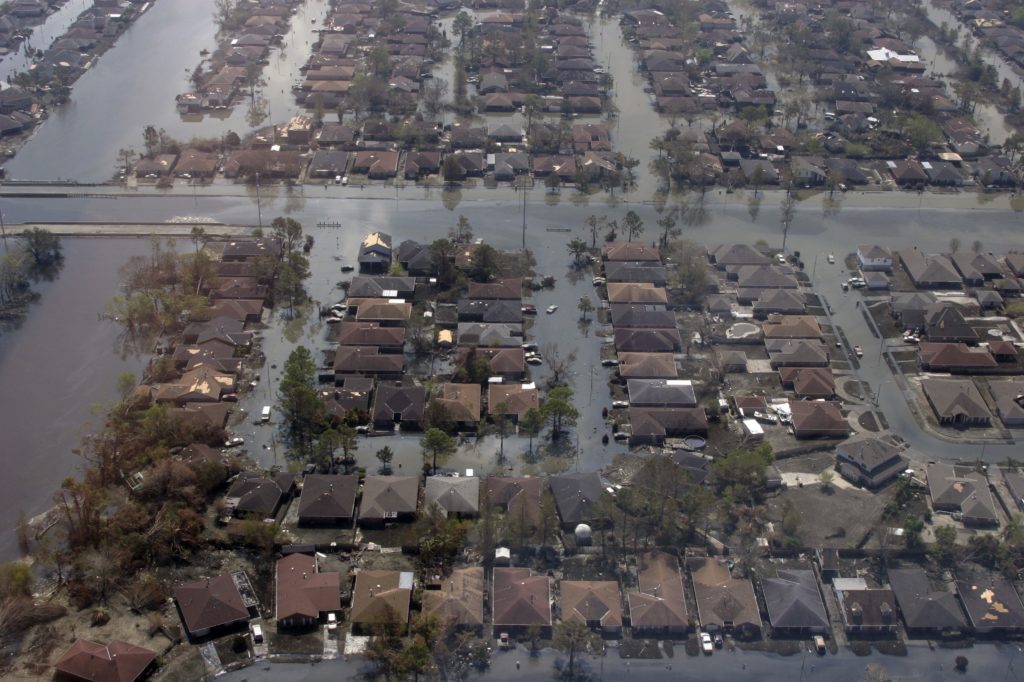
This is how Tim and Karla Cole describe the early days of tending monthly community fires as part of the international Sacred Fire Community. “We were born out of Hurricane Katrina. We already knew the healing power of sitting around fire, having organized a few Deep Listening circles. After Katrina, our house did not have a lot of damage compared to others. We found ourselves with a lot of downed trees and a fire pit and we started inviting folks over. We cooked, shared meals, laughed and cried together, laughed and cried some more, and complained about FEMA. We just came together to sit around the fire…that was the first step of a healing process. Word got around that we had this thing to offer. To sit, be quiet, and be away from the tragedy of it all. To be with people in a real, quiet and affirming way.”
Shortly after starting to offer these support fires, the Coles found out about the Sacred Fire Community. Something resonated with them. The couple were fast tracked toward initiation as Firekeepers. This allowed them to offer the added dimension of a simple but powerful fire consecration ritual that all attending could voluntarily participate in. August 2017 marked the 12-year anniversary of that initiation.
“With Hurricane Harvey and Irma, we have come full circle.” the Coles continue. “Naturally, these storms have brought up a lot of memories and emotions. We now live in Mississippi, but some of those who attend our fires still come from up to two hours away: from New Orleans, and also the Baton Rouge areas which suffered so much flooding last year. Hurricane Irma was going on during one of our recent fires. We were having our meal, having good food and a good time. But people couldn’t wait to finish their meal, get out to the fire, consecrate it and then start talking and processing emotions. ” Karla continues: “I felt like I was charged on caffeine. There was this rush of everybody offering what they had to say, and then it got real quiet. Next somebody said, ‘Can we just have prayers for those experiencing the storm, take a few minutes to do that?’ We all opened our hearts to what we knew people were experiencing.”
The Coles note that so much healing has taken place since their local fire community started and that each month’s fire is a marker along the way. “Community members actually have come to expect that something in their life is going to change for the better when they come, and when they can’t be there, they seriously regret it. Even those who can’t come because of the distance, work, family obligations or (as in earlier days) recovery efforts, say that it is important for them to know when the fires are being held, to tune in to them. We started out with a fairly large community that worked its way up quickly. In the first six years, at least 600 people came through. For many, even if they have moved away, they carry the fire community in their heart as home.”
Charlene B., a Sacred Fire Community member who was warmly welcomed in by the Coles after her own Katrina tragedy, has this to say: “People with community heal. Find the community that you can contribute to. Look for those who will be there to listen, or who will simply ask ‘How are you?’ As humans we all need a sense of belonging to each other, to something bigger. There is something about spending time together around Fire, in silence, or talking, crying and laughing together, that always has me walking away feeling complete. Fire touches people and once touched, even if someone comes only once, it stays with that person.”
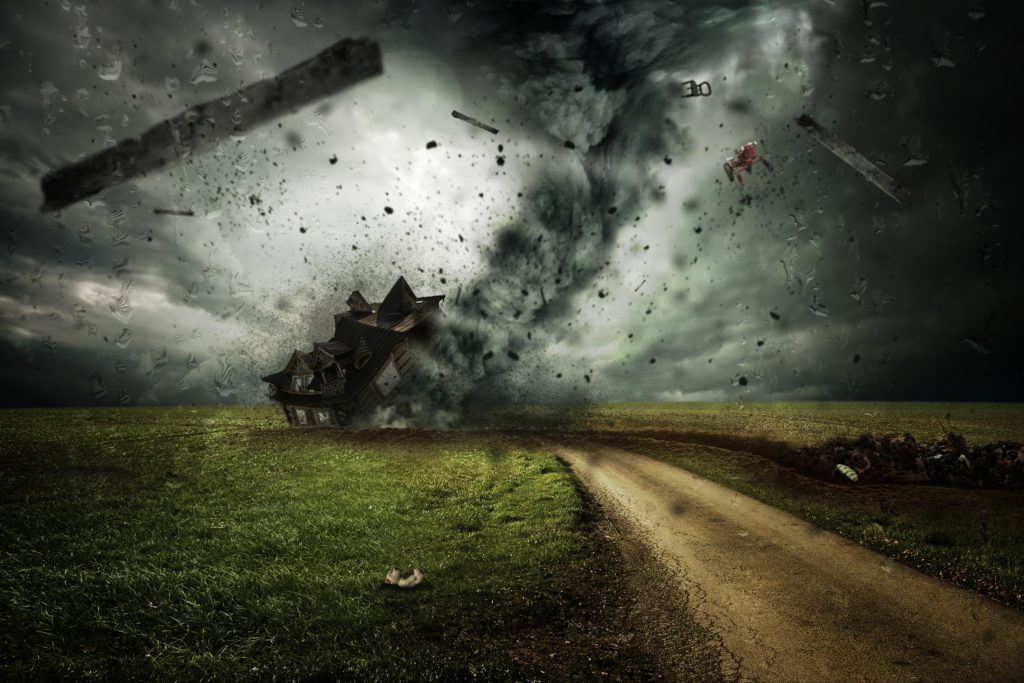
Robin Lockwood, Firekeeper in Tennessee, knows a thing or two about disasters as well. “Our primary experience is with tornadoes and floods; every 3-5 years tornadoes have literally wiped out entire areas. We have learned the great value of knowing our neighbors. We don’t have to be best buddies, but we need to know who they are and where they are since we are in a rural area. When something dire happens, the people who are directly affected are not the ones crying for help. They are the ones digging through the rubble, trying to salvage what is left. So around here we have a loosely organized core group of women who are the ones that volunteer to gather and distribute materials, money, and information. Materials include water, food, shelter, clothing…pet food…and so forth. We each have our own area of specialty. For instance, one of the ladies has a police scanner and can give us heads up early on about where there is a need. Another stockpiles supplies, and a third goes after monetary resources. Others go door-to-door to places affected and make a list of needs, then go out with chainsaws and pickup trucks and able bodies to take care of things.”
“There is one story I want to share,” Robin continues. It is about an elderly couple in their late 80s who lived just down the ridge from me. Their house and farm had been flooded. They had gotten their cattle up on the ridge but their garden was wiped out, and their house was flooded. The elderly gentleman lived in a very self-reliant way, canning his own food and such. So my son and I and a very small group of people met down there and started clearing debris and hauling it away; it took us six hours and several trips to the local landfill. As soon as we were done shaking hands and giving hugs, he comes rolling out of his barn with his tractor to start tilling and replanting his corn. That’s what this is all about.”
“There is something else I’ve come to understand: when these things happen, I have a community fire the very next weekend. There is something about that fire that presses the reset button and allows people to leave with a new sense of peace, energy and focus. When asked what the term “community” means to her, Robin replies that community is about being willing to stand strong in the middle of conflict and not run away from it.
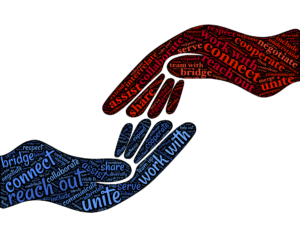 Greensboro, NC Sacred Fire Community member Eduardo da Silva recently returned from 2 ½ weeks helping with recovery efforts in Puerto Rico. There he observed the primary importance of emotional support for the local community leaders charged with orchestrating aid and recovery efforts, not waiting for government aid to show up in a distant, uncertain future. Eduardo noticed a saying going around which roughly translated from Spanish states, “Solidarity is not a discourse, it is an action.” The courage to act with determination in the face of such extreme need, he continues, is really helping Puerto Ricans to define their identity as a national community.
Greensboro, NC Sacred Fire Community member Eduardo da Silva recently returned from 2 ½ weeks helping with recovery efforts in Puerto Rico. There he observed the primary importance of emotional support for the local community leaders charged with orchestrating aid and recovery efforts, not waiting for government aid to show up in a distant, uncertain future. Eduardo noticed a saying going around which roughly translated from Spanish states, “Solidarity is not a discourse, it is an action.” The courage to act with determination in the face of such extreme need, he continues, is really helping Puerto Ricans to define their identity as a national community.
Physical preparation for natural disasters – stockpiling water, non-perishable food, off-the-grid power and communication sources – has its place, yet is limited in terms of how many individuals can be served, and for how long personal reserves might last. This could activate a primal yet lonely self-survival behavior while the pooling of community resources, ingenuity and skills could provide a much richer, long-term solution for times of great need.
So what, and who, is your insurance policy should natural disaster strike where you live and work? We invite you to share your stories on our Facebook page or by writing to atf@nullsacredfirecommunity.org.

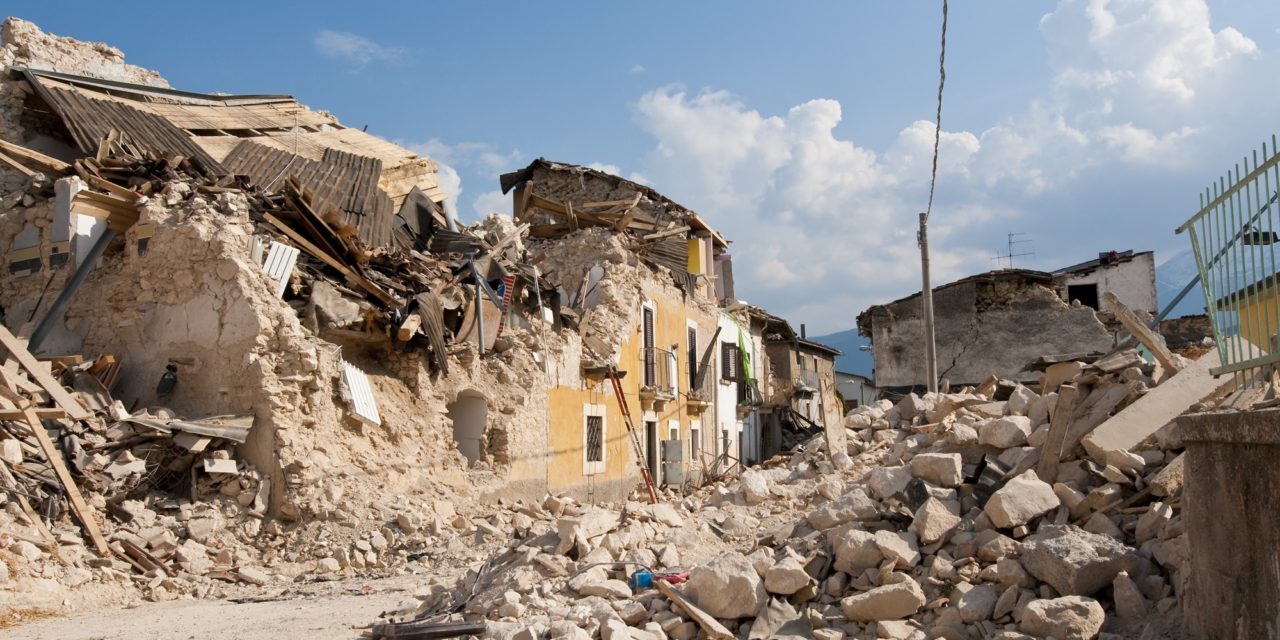
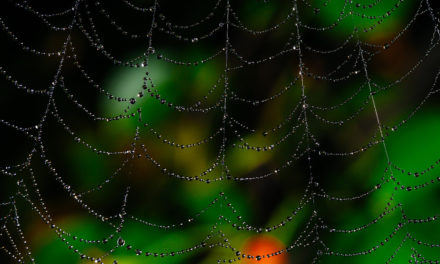
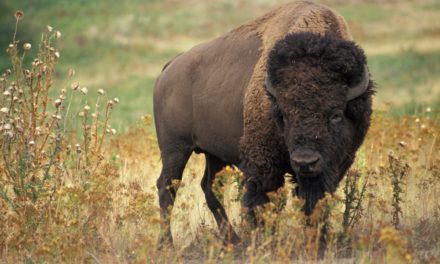
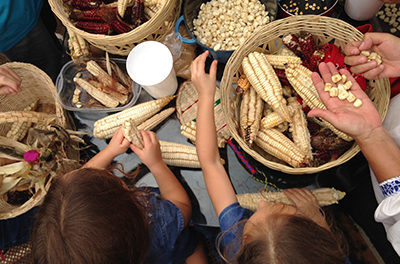
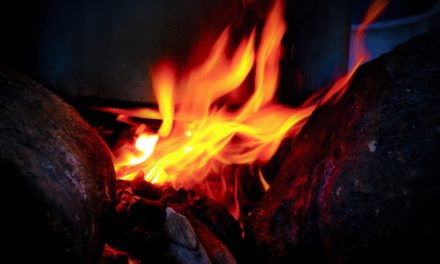

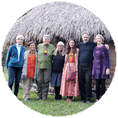

Dear Christine:
I loved your article! Thank you so much for sharing. I especially appreciate this sentence: “Community is about being willing to stand strong in the middle of conflict and not run away from it.”